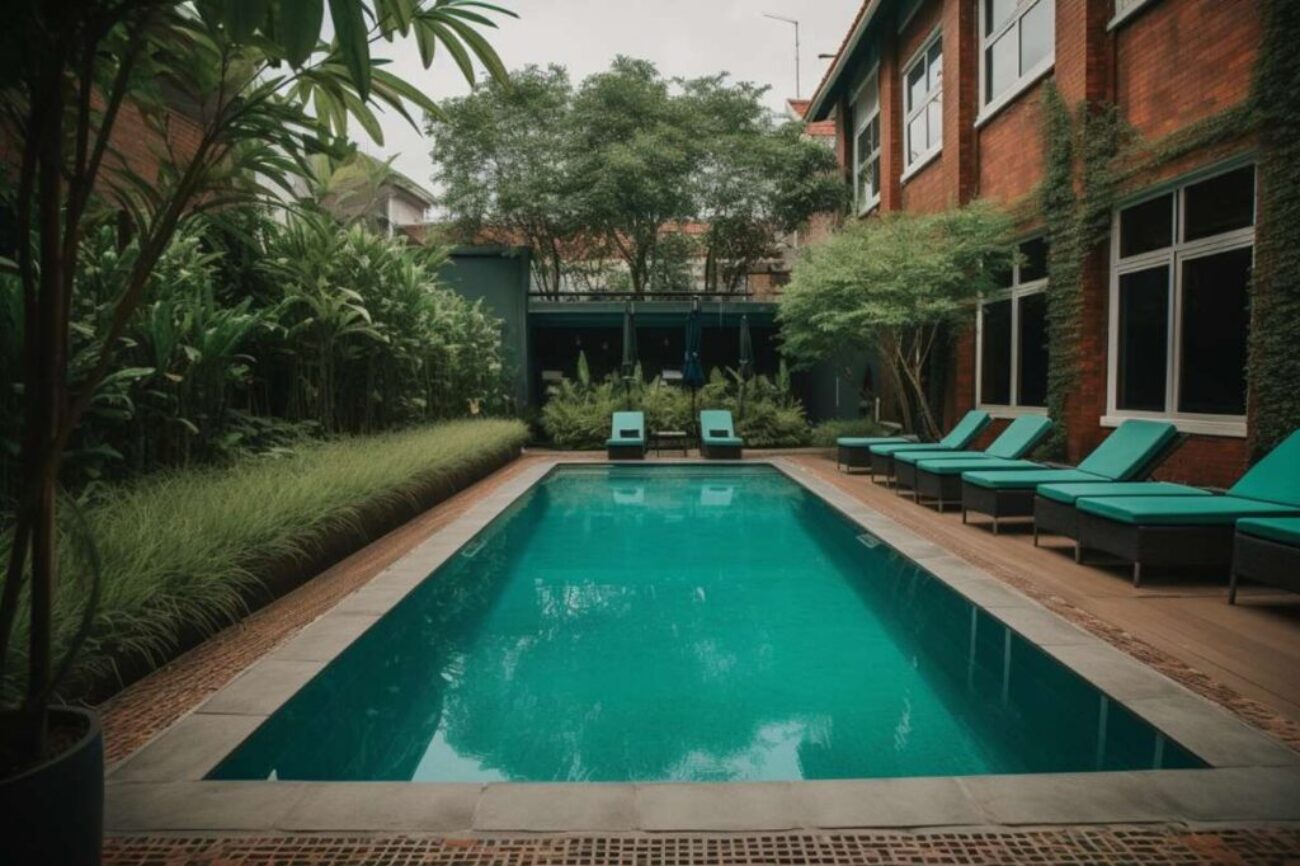Handling Disputes Over Pool Cleanliness or Water Quality
Disputes over pool cleanliness or water quality can arise in various settings, from residential pools to commercial aquatic facilities. These disagreements can lead to dissatisfaction for pool owners or service providers and potentially impact business relationships. This blog post will delve deep into the common causes of these disputes, effective resolution strategies, and best practices for ensuring a clean and safe swimming environment. By understanding the nuances of pool maintenance and communication, both parties can find common ground and maintain a healthy relationship.
Understanding the Common Causes of Disputes
Disputes often arise due to misunderstandings or miscommunications about what constitutes a clean pool or acceptable water quality. Some common issues include:
- Inconsistent Cleaning Standards: Different service providers may have varying standards for what “clean” means. This discrepancy can lead to disagreements about the level of service provided. For instance, one service may prioritize visible debris removal while another emphasizes water chemistry.
- Misjudged Water Quality: Pool owners may not fully understand the importance of pH levels, chlorine concentrations, and overall water clarity. Without these insights, they may question the effectiveness of the cleaning process. As per the CDC, maintaining a pH level between 7.2 and 7.8 is crucial for safe swimming, and any deviation can lead to dissatisfaction.
- Seasonal Changes: Pools require different maintenance in different seasons, and failure to communicate these changes can lead to disputes. For example, a pool that is well-maintained in the summer might face algae issues in colder months if not appropriately treated.
Anecdotal evidence suggests that many disputes stem from a lack of knowledge about proper pool care, highlighting the importance of education for both service providers and pool owners.
Effective Communication as a Resolution Strategy
Effective communication is essential when handling disputes over pool cleanliness or water quality. Here are some strategies to foster clearer communication:
- Regular Updates: Service providers should provide regular updates about cleaning schedules, treatment plans, and water quality reports. These updates can help pool owners feel more involved and informed about their pool’s maintenance.
- Educational Resources: Offering educational materials about pool maintenance can empower pool owners. By understanding what to expect and how to assess water quality, owners can communicate their concerns more effectively. Resources can include pamphlets, videos, or informative blog posts on the Pool Routes for Sale website.
- Feedback Mechanism: Establishing a feedback mechanism allows pool owners to voice their concerns and suggestions. This can be a simple form or an online survey that helps service providers gauge customer satisfaction and areas for improvement.
By prioritizing communication, both parties can address issues before they escalate into disputes.
Maintaining Clear Standards and Expectations
Establishing clear standards and expectations from the beginning can mitigate disputes over cleanliness and water quality. Here are some practical steps to take:
- Service Agreements: Clearly outline service expectations in a written contract. This document should detail the frequency of cleaning, specific services provided, and standards for water quality. Both parties should review and agree to these terms before commencing services.
- Setting Realistic Expectations: Be transparent about what can be achieved with regular maintenance. For example, if a pool has persistent water quality issues, it may require more frequent treatments than initially agreed upon.
- Quality Checklists: Implementing checklists can hold service providers accountable while also providing insight to pool owners. These checklists can include items such as water testing results, cleaning actions taken, and any recommendations for future maintenance.
By setting clear standards, both parties will have a reference point to assess the quality of service and water.
Best Practices for Pool Maintenance
Implementing best practices for pool maintenance and cleanliness can help minimize disputes. Consider the following:
- Regular Water Testing: Ensure that water testing is conducted regularly to monitor chemical levels. This step not only ensures compliance with health standards but also reassures pool owners that their pool is safe for use.
- Consistent Cleaning Schedule: Adhering to a regular cleaning schedule can prevent the buildup of debris and algae, thus reducing potential disputes over cleanliness. Service providers should communicate any changes to this schedule promptly.
- Documentation of Services: Keeping records of all maintenance activities, including water tests and cleaning actions, can provide valuable evidence in case of disputes. This documentation can help clarify what services were performed and when.
- Professional Training: Investing in training for pool service professionals ensures they are equipped with the latest knowledge about pool chemistry and maintenance techniques. This knowledge can translate into better service for customers and fewer disputes.
As part of a comprehensive approach to pool maintenance, these practices can lead to improved customer satisfaction and trust.
Addressing Disputes When They Arise
Despite best efforts, disputes may still arise. Here’s how to address them constructively:
- Listen Actively: When a dispute arises, the first step is to listen to the concerned party. Understanding their perspective can help identify the core issue and foster a collaborative approach to resolution.
- Stay Professional: Keeping emotions in check and maintaining professionalism can help de-escalate tense situations. This attitude encourages both parties to work together towards a solution.
- Find Common Ground: Focus on shared goals, such as maintaining a clean and safe pool. By emphasizing mutual interests, both parties can work towards a resolution that satisfies everyone involved.
- Seek Mediation if Necessary: If a resolution cannot be reached, involving a neutral third party can help mediate the situation. This may involve a professional mediator or an industry expert who can provide insights into appropriate pool maintenance practices.
By addressing disputes promptly and professionally, service providers can maintain positive relationships with their customers.
Implementing a Customer Satisfaction Program
To prevent future disputes and enhance customer satisfaction, consider implementing a customer satisfaction program. This program can include:
- Surveys and Feedback Forms: Regularly gather feedback through surveys to gauge customer satisfaction. This information can help identify areas needing improvement and reinforce positive practices.
- Incentives for Positive Feedback: Offering incentives for positive feedback can encourage customers to share their experiences. This might include discounts on future services or referral bonuses.
- Service Quality Reviews: Periodic reviews of service quality can help assess performance and identify opportunities for improvement. Engaging customers in this process can foster a sense of ownership and partnership in maintaining their pools.
By prioritizing customer satisfaction, pool service providers can cultivate loyalty and reduce the likelihood of disputes.
Conclusion
Handling disputes over pool cleanliness or water quality requires a proactive approach grounded in effective communication, clear standards, and best practices. By understanding common causes of disputes and implementing strategies to address them, both pool owners and service providers can maintain a healthy working relationship. Emphasizing transparency and collaboration is key to ensuring that pools remain clean and enjoyable for all users. As you navigate the complexities of pool maintenance, consider exploring opportunities to enhance your service offerings or even invest in new pool routes for sale through Pool Routes for Sale. With the right approach, you can turn potential conflicts into opportunities for growth and improvement in the thriving pool maintenance industry.



